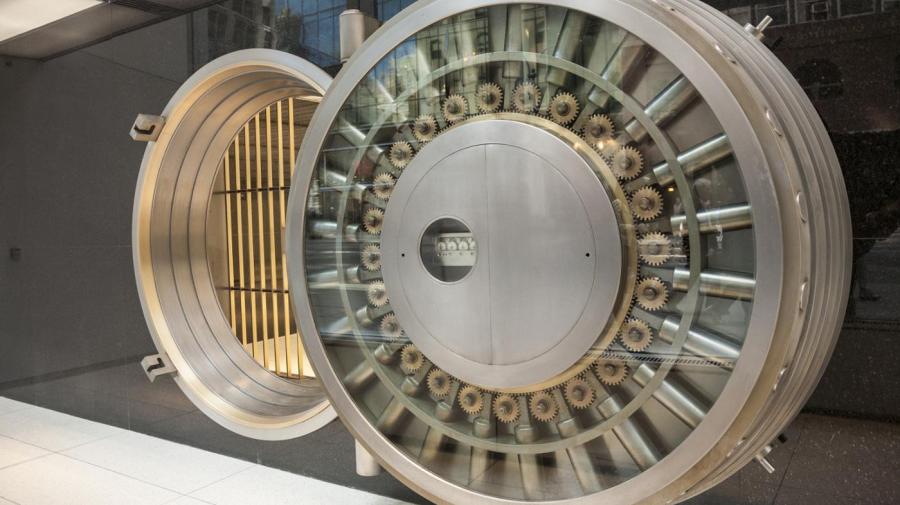What Was the Significance of the Case McCulloch V. Maryland?

This landmark case, heard in 1819 by the Supreme Court, greatly expanded and clarified federal power. Initially this case was about the constitutional authority of the federal government, but it became much more.
The Case Overview This case began as a constitutional question as to whether or not the states had the right to tax a federal entity or institution. However, in the end, it became a case that decided the division of power between the states and the federal government. The history of the case began as a dispute between a federal cashier of the Second National Bank, owned and operated by the federal government and the state of Maryland. The federal government of the United States of America was having issues paying off the debt incurred by the War of 1812. The national government was forced to deal with multiple banks across several states. In order to expedite the loan process, Congress opened its own national bank, the Second Bank of the United States, in 1816. Many states were directly opposed to Congress competing in commerce with them.
The state of Maryland’s legislature sought to impede the business of the Second National Bank, Baltimore branch, by creating an unfavorable business climate. In 1818, the state passed a law creating a tax on banks chartered by the federal government. The tax was $15,000 per year. James McCulloch, a federal cashier at the Maryland branch of the Second National Bank, declined to pay the tax. He was taken to court by the state of Maryland (Maryland v. McCulloch) and was fined $2,500 for failure to pay the state tax and the courts upheld the state’s right to tax the federal government. McCulloch appealed to the Maryland Supreme Court (McCulloch v. Maryland) and the state supreme court upheld the judgement. McCulloch then appealed to the federal Supreme Court petitioning that the tax was unconstitutional as the Constitution granted the federal government the authority to do whatever was necessary and proper to conduct business. Maryland proposed that as a sovereign state power it had the right to tax any business within its boundaries.
The Elastic Clause Article 1, Section 8, Clause 18 (the elastic clause) of the United States Constitution states that the federal government has the authority to make all laws necessary and proper for conducting its business. The Supreme Court, in its written judgment by Chief Justice, John Marshall, stated that the broad power given by Article 1, Section 8, Clause 18, supported the constitutionality of the Second Bank’s right to conduct business. In addition, the Supreme Court determined that the states did not have the power to tax the federal government or governmental organizations determined to be necessary and proper by federal law. Specifically, Judge Marshall noted that the power to tax inherently held the power to destroy and that the states could not destroy the federal government. In addition he referenced the 10th amendment of the Constitution, Reserved Powers, which held that the states only had power which was not delegated to the federal government and not prohibited by it, therefore, the states did not have the right to create a law to tax the federal government, or to impede the federal government to carry out whatever actions it deemed necessary and proper to conduct its governance.





